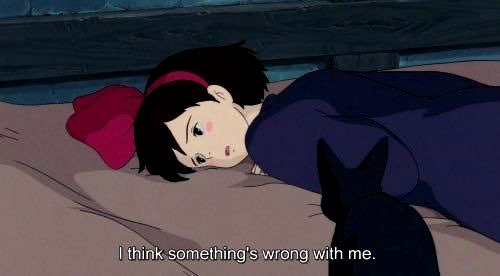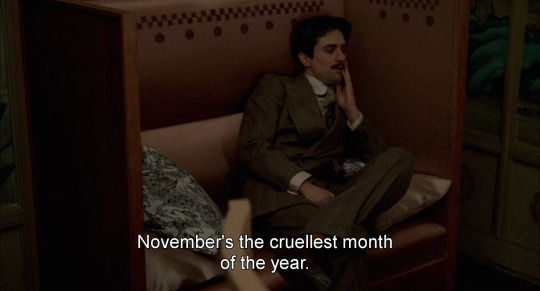Text

Joy Sullivan, from Instructions for Traveling West: Poems; “Instructions for Traveling West”
26K notes
·
View notes
Text
a girl who reads can't love easily. she's just looking for her spiritual double, similar to her details.

32 notes
·
View notes
Text
What‘s the answer to all your problems?
Coffee, my dear. Coffee and a book!
18 notes
·
View notes
Text
Everyone talks about an inner child. I have an inner older lady who says inappropriate things, judges everyone and wants to be in bed by 8pm.
33 notes
·
View notes
Text
I think he's very lonely. Lonelier than he lets on. Maybe lonelier than he even realizes.
46 notes
·
View notes
Text
not enough eerie girls out there these days. eerie girls rise
12K notes
·
View notes
Text
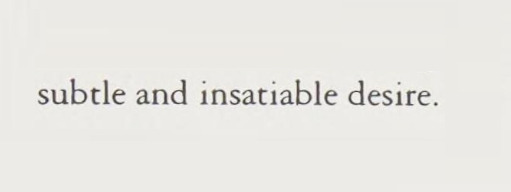
Charles Baudelaire, from Modern Poets of France: An Anthology; "Ruin,"
2K notes
·
View notes
Photo

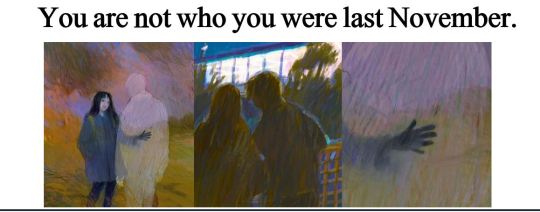
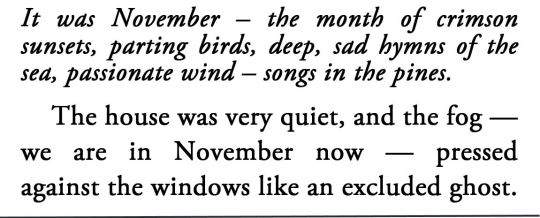
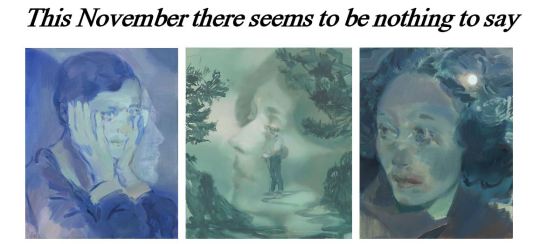
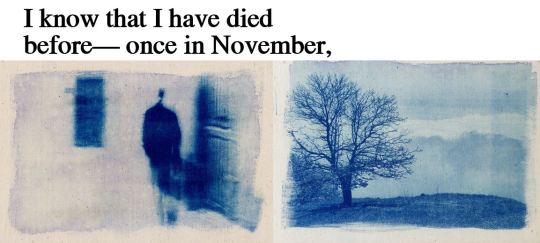
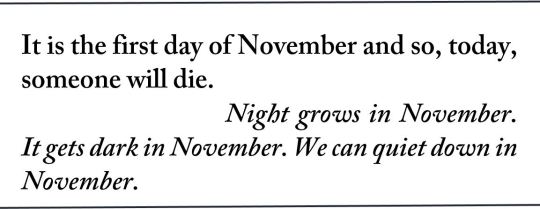
musings on november
Donald Miller, Holly Warburton, L. M. Montgomery, E. M. Forster, Anne Sexton, Kaye Donachie, Anne Sexton, Emilio Hernandez Martin, Maggie Stiefvater, Nina MacLaughlin (The Paris Review)
25K notes
·
View notes
Text
Han Kang declines press conference, refuses to celebrate award while people die in wars Han Kang, the first Korean to win the Nobel Prize in literature, has declined to hold a press conference, citing the global tragedies of the Ukraine-Russia war and the Israel-Palestine conflict. Her father, the renowned novelist Han Seung-won, 85, conveyed her message during a press conference at the Han Seung-won Literary School in Jangheung, South Jeolla Province. "(Han Kang) told me, 'With the war intensifying and people being carried out dead every day, how can we have a celebration or a press conference?' She said she won’t hold a press conference," he said.
What Han Kang has done is a radical reminder that art cannot and should not exist in a vacuum, especially when the world around it is burning.
In a time when the entertainment industry mass-produces content to meet an endless appetite for meaningless distraction, we risk losing sight of art’s traditional role as a catalyst for reflection, resistance and revolution. Be it in literature, music or visual art, the most powerful works often emerge not from periods of peace and stability, but from times of unrest and conflict. They confront uncomfortable truths, challenge power structures and push audiences to think critically about the world they live in. As I have said many times before, art isn’t simply entertainment—it’s a mirror held up to society, and at times, a weapon against injustice.
The truth is, many entertainers may fear "disappointing" their audiences, losing sponsorship deals or damaging their "reputation" by taking such "strong" stances. But Han Kang’s gesture is proof that true art requires sacrifice, and sometimes, that sacrifice means choosing silence over celebration, message over money.
Han Kang’s decision shows everyone the power of refusal and the potential impact when art refuses to entertain at the expense of turning a blind eye to suffering. It is a call and, dare I say, a challenge to the wider artistic community to consider the weight of their influence and the moral imperative to use it for good.
611 notes
·
View notes
